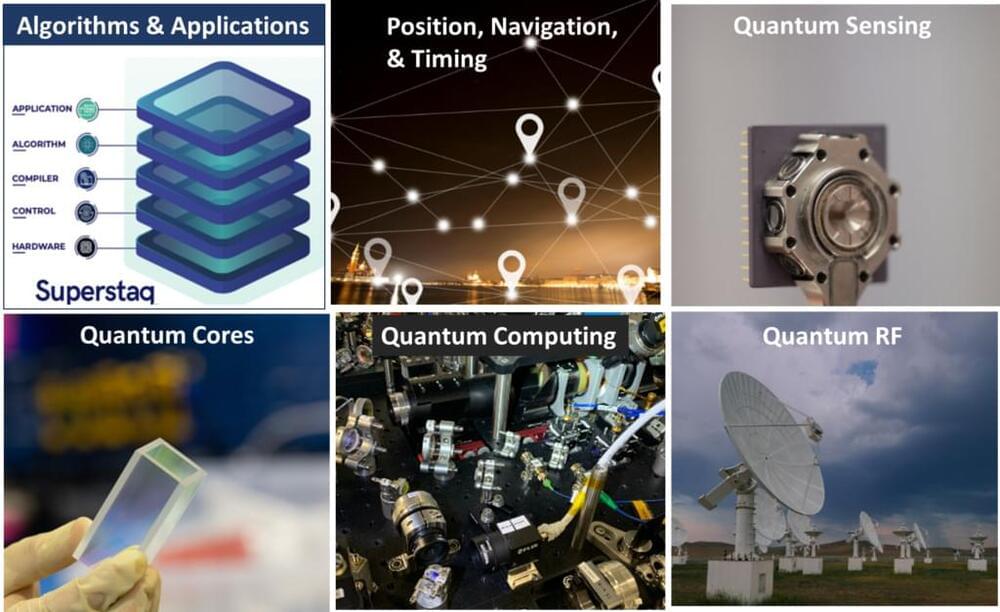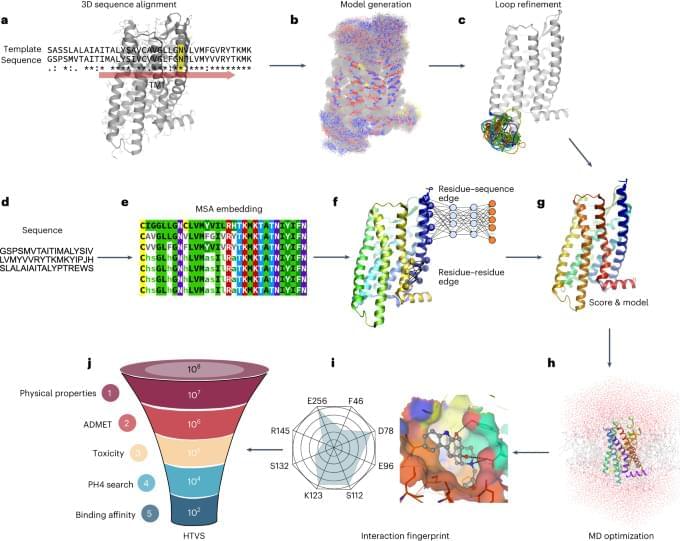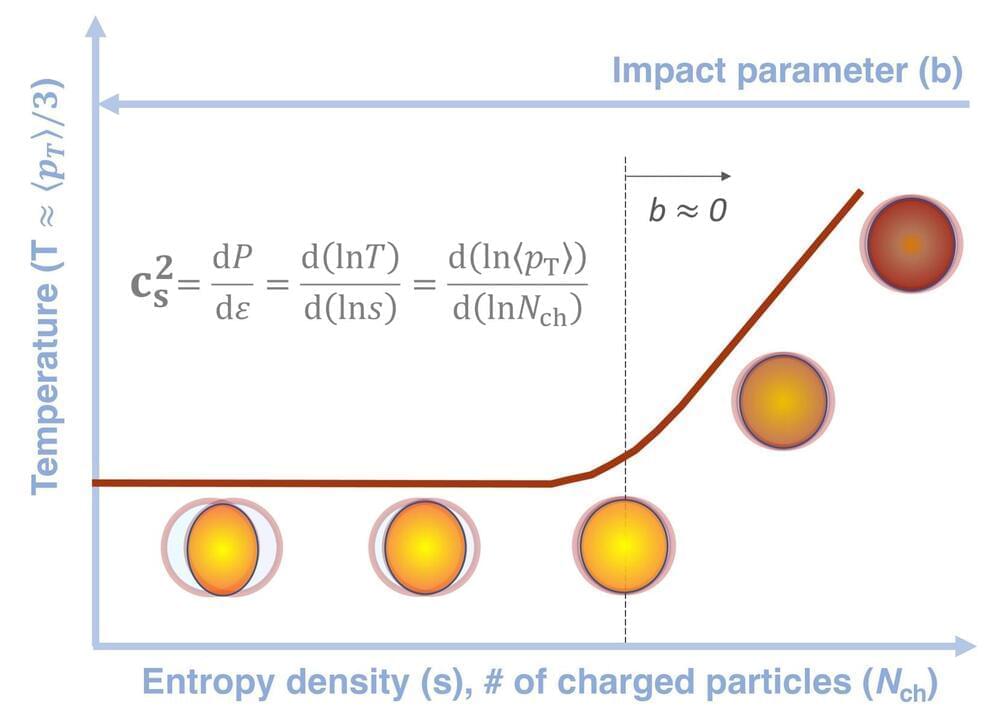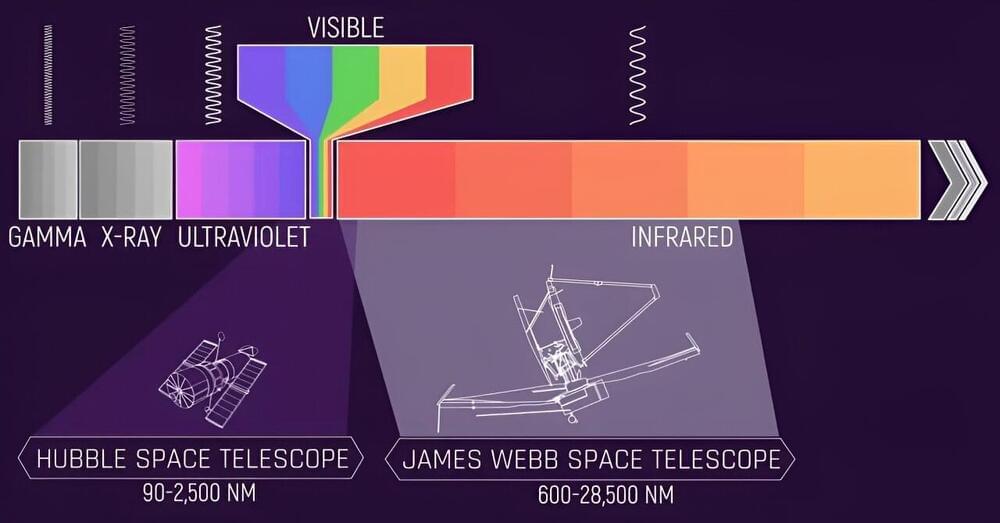Infleqtion is unique amongst quantum companies due its participation in so many different segments of the quantum computing industry including quantum components, quantum computers, quantum software, and quantum sensors. This strategy of a broad product portfolio provides both advantages and disadvantages for a company. The potential advantages include achieving synergy between different product areas with the neutral atom, atomic prism, photonic, software, and other technologies they have developed over the years. It also brings some diversity in the revenue streams because some products will provide early revenue while others might take a few years of development before they can make a revenue contribution. The potential disadvantages could include execution risks if the engineering resources are spread too thin. Also, there may be different sets of customers and sales channels for the different product lines which can increase the complexities of managing a sales force, calling on customers, and generating new business.
Nonetheless, Infleqtion has made some interesting announcements in the past few months. In 2023 alone, the Quantum Computing Report by GQI ran 17 different stories that included Infleqtion. This week they hosted a webinar to discuss their product roadmaps for sensors, software, and computing. The highlight of the webinar was the announcement of their quantum computing roadmap. In this article, we will cover their plans for quantum computing, but first we will start with the progress they talked about in quantum sensors and quantum software and then discuss quantum computing afterwards.
Infleqtion’s discussion of sensor products included ones named Tiqker, Sqywire, and eXaqt. Tiqker is a small form factor ultra-accurate clock intended for use in navigation, data centers, and communication networks. The company asserts that this clock is 100X more accurate than cesium beam atomic clocks and 100,000X more accurate than a crystal oscillator. In navigation applications it can be used in GPS-denied environments and in communication networks it can help increase bandwidth and reduce latencies due to the more precise clocking of the data signals. The company mentioned that they are partnering with a large company for use of Tiqker in data center applications and that Tiqker is now available for pre-order. Sqywire is an ultra-sensitive radio frequency (RF) receiver that senses RF signals with Rydberg state atom-based sensing. It can be used installed of a classical antenna and provides high sensitivity, lower power, and ultra-wide bandwidth in a form factor.









